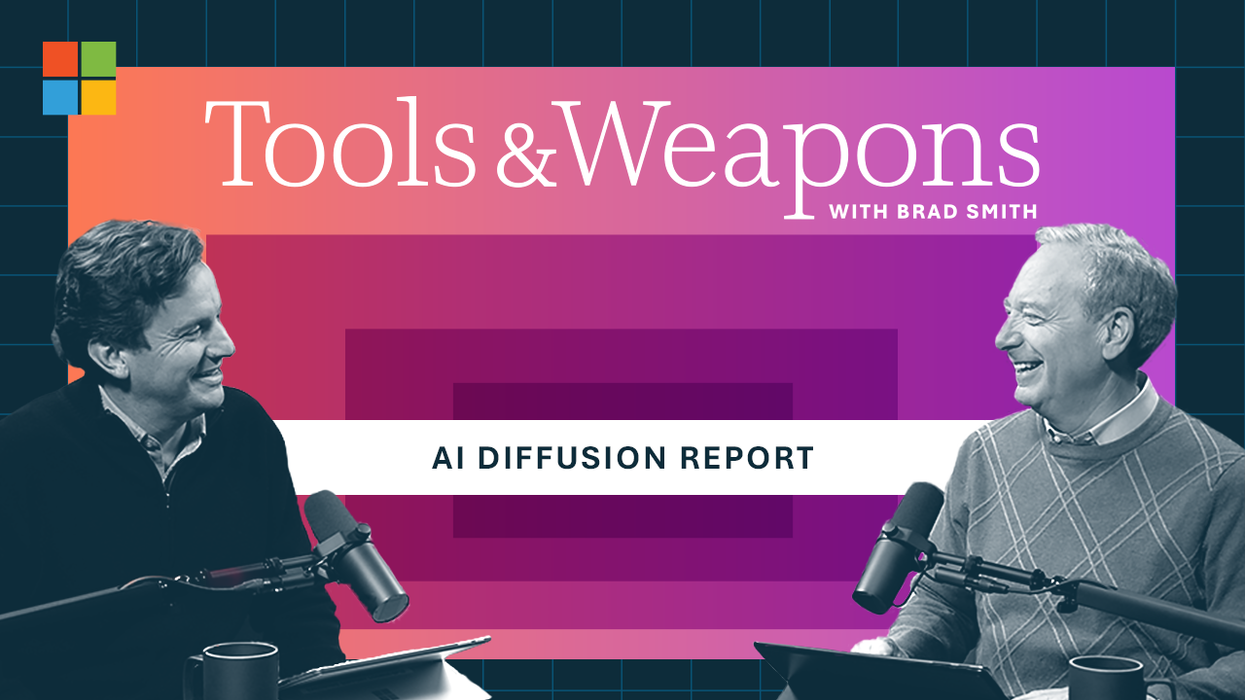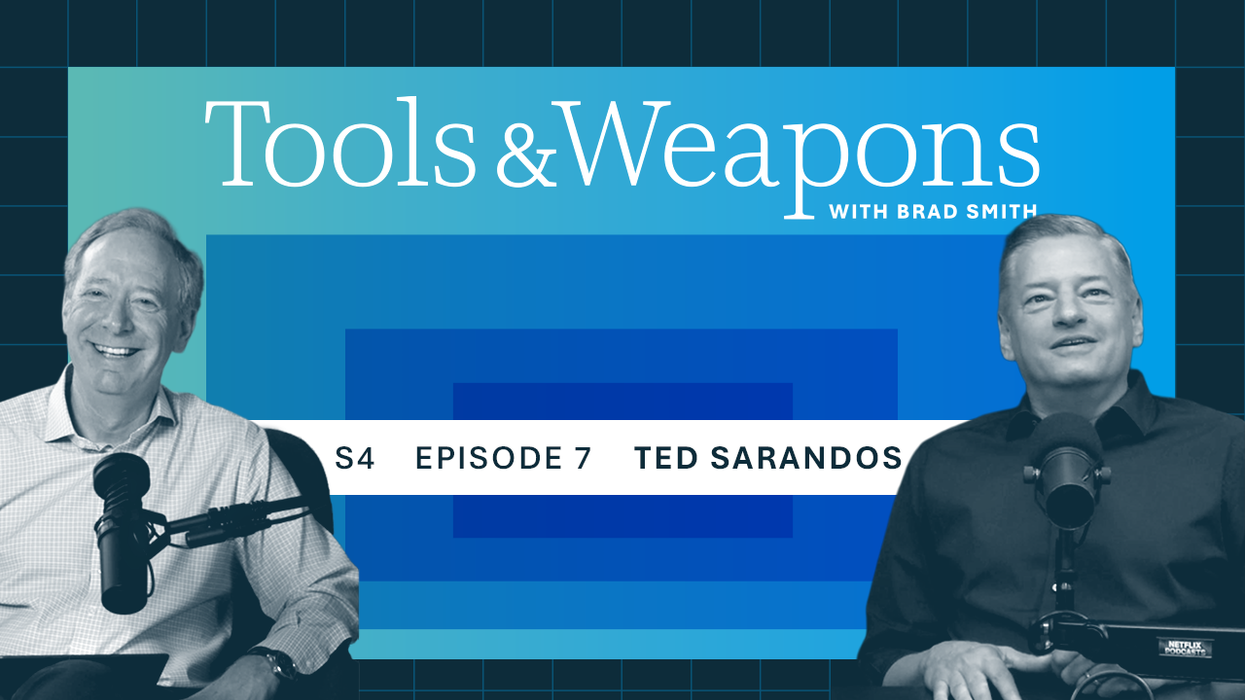Sponsored posts
VIDEOSGZERO World with Ian BremmerQuick TakePUPPET REGIMEIan ExplainsGZERO ReportsAsk IanGlobal Stage
Site Navigation
Search
Human content,
AI powered search.
Latest Stories
Sign up for GZERO Daily.
Get our latest updates and insights delivered to your inbox.
Global Stage: Live from Munich
WATCH RECORDING
Microsoft
Microsoft On The Issues offers perspectives from Microsoft on legal, public policy and citizenship topics. Microsoft passionately believes in the power and potential of technology, and that the right tech policies can help underpin innovation, encourage competition and ensure tech innovations continue to benefit everyone. Microsoft shares their point of view and ideas on topics as diverse as privacy, cybersecurity, intellectual property, environmental sustainability, education and corporate citizenship. Learn more at Microsoft On The Issues.




